
Indian and Western
Philosophical Concepts
in Religion
Explorations in Indic Traditions: Theological, Ethical, and Philosophical
Series Editor: Jeffery D. Long, Elizabethtown College
Advisory Board
Purushottama Bilimoria, Christopher Key Chapple, Jonathan Gold, Pankaj Jain, Nathan Katz, Kusumita Pedersen, and Rita D. Sherma
The region historically known as the Indian subcontinent (and more recently as South Asia) is rich with ancient and sophisticated traditions of intellectual and contemplative investigation. This includes both indigenous traditions (Hindu, Buddhist, Jain, and Sikh) and traditions that have found a home in this region (Islamic, Christian, Jewish, and Zoroastrian). This series is devoted to studies rooted in critical and constructive methodologies (such as ethics, philosophy, and theology) that show how these traditions can illuminate universal human questions: questions about the meaning of life, the nature of knowledge, good and evil, and the broader metaphysical context of human existence. A particular focus of this series is the relevance of these traditions to urgent issues that face humanity todaysuch as the ecological crisis, gender relations, poverty and social inequality, and religiously motivated violenceon the assumption that these traditions, far from being of merely historical interest, have the potential to enrich contemporary conversations and advance human understanding.
Recent Titles in Series
Indian and Western Philosophical Concepts in Religion, Edited by Pankaj Jain and Jeffery D. Long
The Politics and Promise of Yoga: Contemporary Relevance of an Ancient Practice, by Anjali H. Kanojia
The Hindu Self and its Muslim Neighbors Borders of Belonging in Bengal, by Ankur Barua
The Philosophy of Sri Chinmoy: Love and Transformation, by Kusumita Pedersen
Gandhi and Rajchandra: The Making of the Mahatma, by Uma Majmudar
Swami Vivekananda: His Life, Legacy, and Liberative Ethics, edited by Rita D. Sherma
Beacons of Dharma, edited by Jeffery D. Long, Michael Reading, Christopher Miller
Thinking with the Yogasutra of Patanjali: Translation and Interpretation, edited by Christopher Key Chapple and Ana Funes Maderey
The Metaphysics of Paradox: Jainism, Absolute Relativity, and Religious Pluralism, by Wm. Andrew Schwartz
Digital Hinduism: Dharma and Discourse in the Age of New Media, edited by Murali Balaji
Sri Chaitanyas Life and Teachings: The Golden Avatara of Divine Love, by Steven Rosen
Shakti's New Voice: Guru Devotion in a Woman-Led Spiritual Movement, by Angela Rudert
The Vedantic Relationality of Rabindranath Tagore: Harmonizing the One and its Many, by Ankur Barua
Indian and Western
Philosophical Concepts
in Religion
Edited by
Pankaj Jain and Jeffery D. Long
LEXINGTON BOOKS
Lanham Boulder New York London
Portions of this chapter have earlier appeared in the Encyclopedia of Indian Religions (2022), Dharma and Ecology of Hindu Communities (2011, 2016), and Science and Socio-Religious Revolution in India: Moving the Mountains (2016). Permissions from Routledge and Springer to republish are gratefully acknowledged.
Published by Lexington Books
An imprint of The Rowman & Littlefield Publishing Group, Inc.
4501 Forbes Boulevard, Suite 200, Lanham, Maryland 20706
www.rowman.com
86-90 Paul Street, London EC2A 4NE
Copyright 2023 by The Rowman & Littlefield Publishing Group, Inc.
All rights reserved. No part of this book may be reproduced in any form or by any electronic or mechanical means, including information storage and retrieval systems, without written permission from the publisher, except by a reviewer who may quote passages in a review.
British Library Cataloguing in Publication Information Available
Library of Congress Cataloging-in-Publication Data
Names: Jain, Pankaj, editor. | Long, Jeffery D., editor.
Title: Indian and Western philosophical concepts in religion / edited by Pankaj Jain and Jeffery D. Long.
Description: Lanham : Lexington Books, [2023] | Series: Explorations in Indic traditions: theological, ethical, and philosophical | Includes bibliographical references and index. |
Summary: This volume is based on innovative ideas coming from different Indic philosophies and how they can enrich the theory and methods in religious studies Provided by publisher.
Identifiers: LCCN 2022044266 (print) | LCCN 2022044267 (ebook) | ISBN 9781793623157 (cloth) | ISBN 9781793623164 (ebook)
Subjects: LCSH: ReligionPhilosophy. | Philosophy, Indic.
Classification: LCC BL51 .I5946 2023 (print) | LCC BL51 (ebook) | DDC 294.01dc23/eng/20221017
LC record available at https://lccn.loc.gov/2022044266
LC ebook record available at https://lccn.loc.gov/2022044267
 The paper used in this publication meets the minimum requirements of American National Standard for Information SciencesPermanence of Paper for Printed Library Materials, ANSI/NISO Z39.48-1992.
The paper used in this publication meets the minimum requirements of American National Standard for Information SciencesPermanence of Paper for Printed Library Materials, ANSI/NISO Z39.48-1992.
Contents
Pankaj Jain and Jeffery D. Long
Karl-Stphan Bouthillette
Al Collins
Carl Olson
Pankaj Jain
Soraj Hongladarom
Jeffery D. Long
John Clammer
Pankaj Jain and Jeffery D. Long
In her presidential address at the American Political Science Associations annual meeting (2005), Susanne Rudolph shared the following observation:
Early in our research in India, Lloyd Rudolph and I coined the phrase imperialism of categories. It was meant to designate the academic practice of imposing concepts on the other: the export of concepts as part of a hegemonic relationship. Categories crafted in a dominant sociocultural environment are exported to a subordinate one. The imperialism of categories entails an un-self-conscious parochialism of categories: scholars from a dominant culture, sometimes called the center, travel to a distant and lesser place, sometimes called the periphery, where they apply "universal" concepts. The trouble is that the concepts have been fashioned out of the center. The East is fatalist, says Max Weber; the West, agentic. The non-West conveys status by birth, says Talcott Parsons; the West, by achievement. The non-West is childlike, says John Stuart Mill; the West, mature. Dominant peoples use ideal types and stereotypes to control the dominated by ranking and creating cultural social registers.
Philosophical theories find their ways into the theories and praxis of many disciplines of the liberal arts and social sciences. Even though these disciplines, such as anthropology, sociology, political science, geography, and religious studies, now encompass communities and cultures across the world, the theories and methods used in almost all such disciplines continue to be rooted in Western philosophies and categories, as noted by Rudolph in her quote above. For instance, one of the most widely used textbooks used in courses on religious studies is Nine Theories of Religion (Pals 2015). This book introduces major theoreticians, such as Edward Burnett Tylor, James Frazer, Sigmund Freud, Emile Durkheim, Karl Marx, Max Weber, Mircea Eliade, William James, E. E. Evans-Pritchard, and Clifford Geertz. Almost all of the theories propounded by these figures are based on Western philosophy and, more broadly speaking, Western historical and cultural experience. Ideas of religion, for example, are almost entirely derived from Christianity: such as the idea that a religion must have a supreme deity, a scripture, a church, and so on. However, in Indic philosophical systems, such as Buddhism, Hinduism, and Jainism, one of the common views on reality is that the world, both internally and externally to oneself, is a flow with nothing permanent, and with both the observer and the observed undergoing constant transformation. Such an Indic notion is not adequately expressed in any of the major theories that are applied in researching or teaching about the religions of the world. To the extent that such ideas have emerged in Western thought, it has been almost entirely within the realm of postmodern thought, much of which still falls outside of the mainstream of theories that are widely utilized to interpret the non-Western world.
Next page
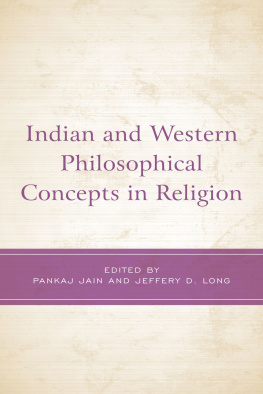
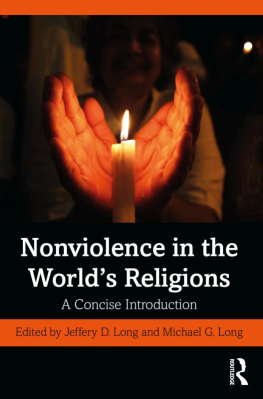

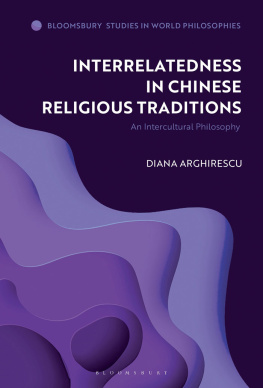
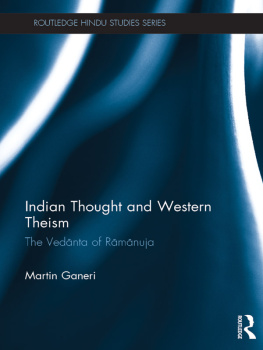

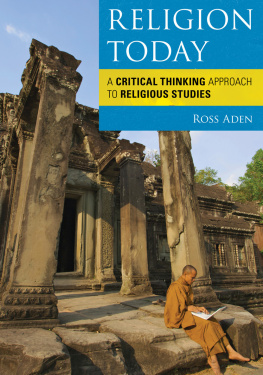

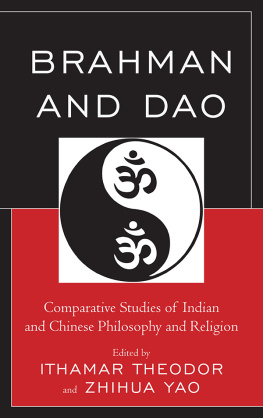
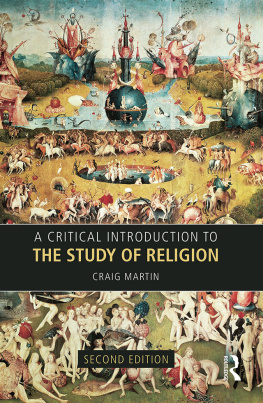
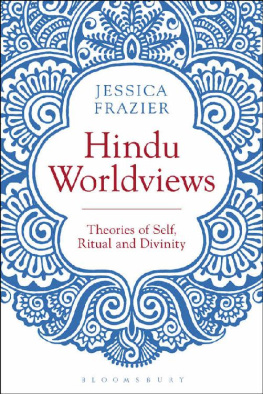
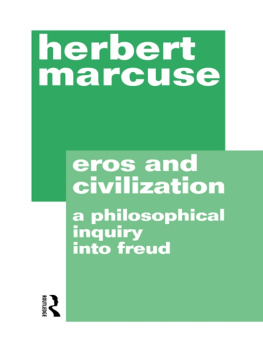

 The paper used in this publication meets the minimum requirements of American National Standard for Information SciencesPermanence of Paper for Printed Library Materials, ANSI/NISO Z39.48-1992.
The paper used in this publication meets the minimum requirements of American National Standard for Information SciencesPermanence of Paper for Printed Library Materials, ANSI/NISO Z39.48-1992.